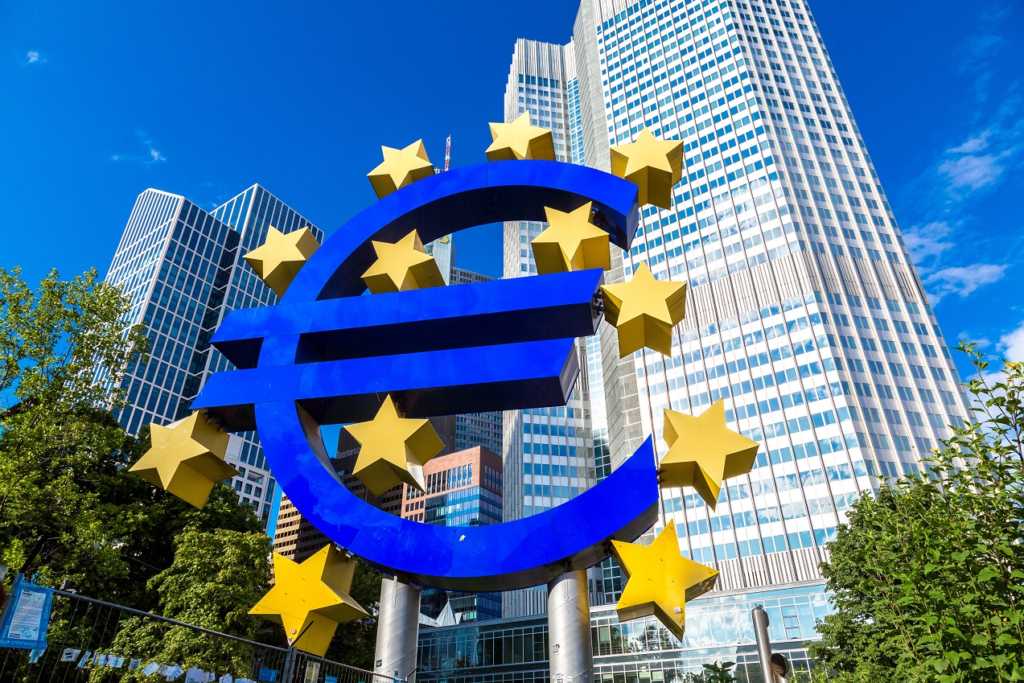Following the current concern in the financial sector, the European Central Bank (ECB) has warned ministers that some European Union (EU) banks could be vulnerable. Moreover, Bloomberg reported ECB Vice President Luis De Guindos’ comments today that showcase certain banks “might be at risk because of their business models,” according to sources.
The banking industry was caught off guard last week by the collapse of the US Silicon Valley Bank. Subsequently, the collapse of Signature Bank last week, and the danger abounding Credit Suisse this week have caused the industry to take notice. Consequently, the ECB has discussed which banks could be at risk.
EU Banks Potentially Vulnerable
The unexpected fall of Silicon Valley Bank has thrust a newfound panic into the financial sector. Specifically, its failure — alongside Signature Bank — has signified some of the largest banking closures since the financial crisis of 2008. Now, international banking industries are seeking where they may be at risk.
Thus, Bloomberg has reported the European Central Bank warning to ministers that some EU banks could be vulnerable. Specifically, ECB Vice President Luis De Guindos spoke at an Ecofin meeting in Brussels today.

Conversely, Guidos note that “lenders in the region are much less exposed than their US counterparts,” regarding the SVB collapse. However, he still stated, “the ECB couldn’t rule out that some lenders might be at risk because of their business model,” according to the report.
Specifically, Bloomberg noted that these European Union banks would be “vulnerable to rising interest rates.” Moreover, the news arrives ahead of an impending interest rate decision. Ultimately, leading Guindos to highlight the “potential conflict between the ECB’s mission to bring down inflation and potential damage to some financial institutions from higher interest rates.





